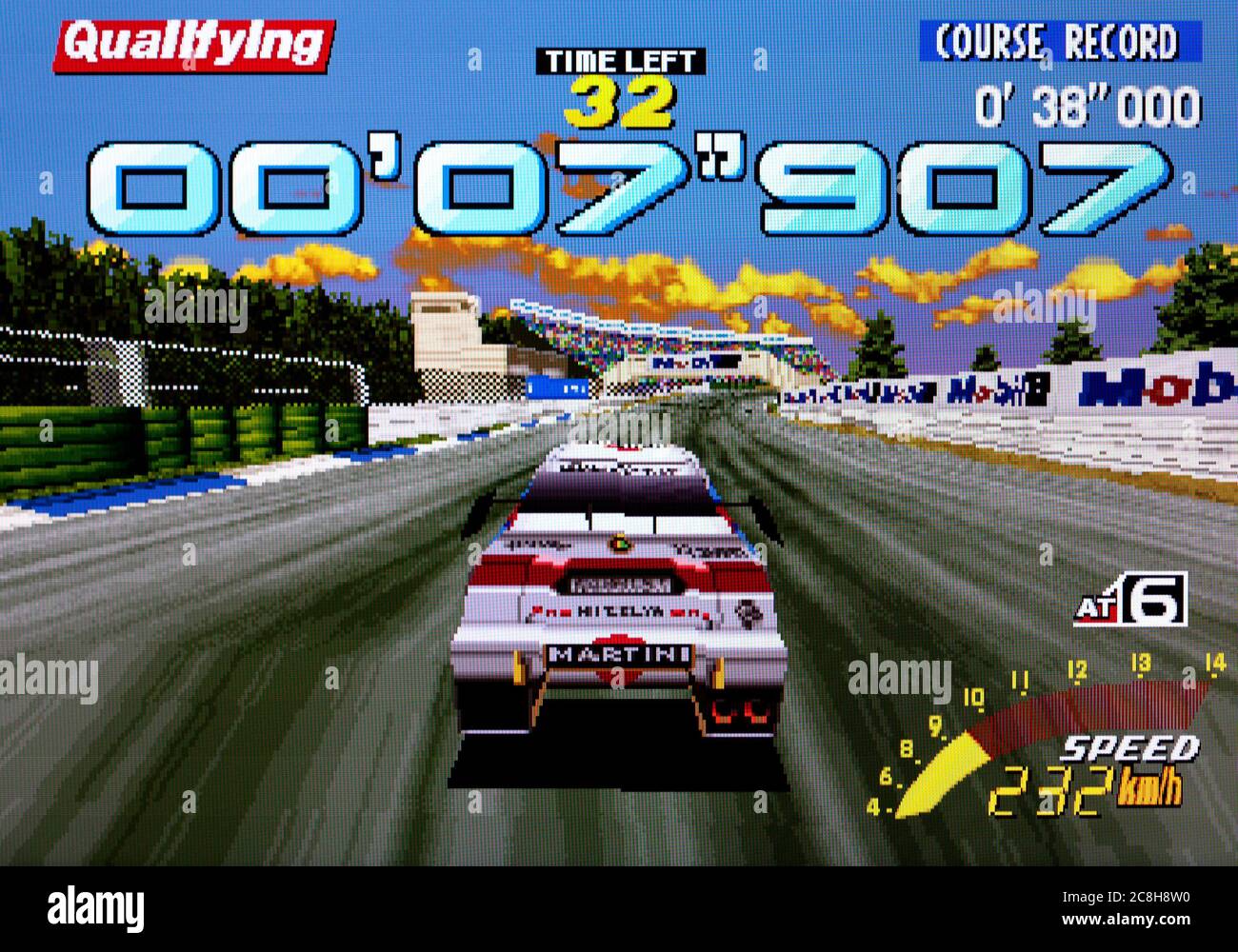Er, no, Powerslave on PS doesn't "aim for 60fps". They increased the cap so it
can reach that in the smallest, simplest rooms/corridors/views but that just meant you get a worse moment to moment variance of 60-20fps instead of 30-20fps (or less in both cases of course) and to reach even that, much like Tomb Raider had major cuts in draw distance, Powerslave has major level changes to accommodate additional culling with more walls hiding views, smaller rooms, missing decorations, even missing animations for Ramses' ghostly head providing exposition and directions, so, it doesn't perform better in the same game. Let me guess, just like 2D game animations, backgrounds, foregrounds, effects, performance and loading, here in a mostly full 3D game these cuts also don't matter (but somehow they're not equally "efficient optimizations"when Saturn ports need to do similar cuts as they result in less polygons/enemies/action on screen). Essentially removing any somewhat problematic area is totally the same as doubling the performance in the same scenario! The definitive version was the Saturn's (before the recent remaster that amalgamates both versions' best aspects and adds new stuff) even if they added some decorations here and there in the smaller scale and scope, simpler, more claustrophobic PS levels (and lack of fun bomb jumping shenanigans and analog controls). Way too much bs here, from the usual clowns. Good thing much of it is so well documented you don't have to take the word of a shitposter feigning objective & factual arguments while constantly pushing a certain narrative in bad faith with at best constant stretching of the truth as much as the potential random reader's ignorance allows and fall for it, but you can see it for yourself:
Yep, it hit 10fps as often as 60 in that video (so, once), lol. Smooth. Of course actually explaining and showing the real differences as here or in the (no cartridge) CPS2/2D examples turns someone into a "fanboy". It's so much better to spew vague bullshit like how Powerslave on PS "aims for" double the framerate with no further discussion as the like minded haters and clowns pile on the likes and never look back, busy as they are scrutinising the slightest error of any positive Saturn comment, deliberately burying core points. That's totally rad, it's the objective and full truth that is the fanboy

But sure, keep spewing completely fabricated bullshit like this while using google for 5 minutes to pretend you know anything regarding the technical aspects of the systems or games and having
 Lysandros
Lysandros
and other trolls "like" all this kind of crap, all banking on the fact nobody's gonna bother dissecting each and every one of them because of their sheer volume,
 Geometric-Crusher
Geometric-Crusher
. You're like a bipolar toddler emotionally, the first actions of your new alt were to praise everything Saturn and ask people to boycott nu-Sega in numerous shitty threads/posts until they cave and make Saturn mini & because it didn't happen you now shit on everything they've ever done including Saturn and their Saturn games within the limits your toddler brain deems borderline acceptable to not be called out as a clown, though you've already gone beyond those limits without realizing.
If you're gonna reply, quote the whole thing, not the last few lines to speak more bullshit over and actually explain your reasoning about your oh so true you
bolded it statement regarding Powerslave versions or how what I posted and brought the actual footage receipts for is wrong and not you.












